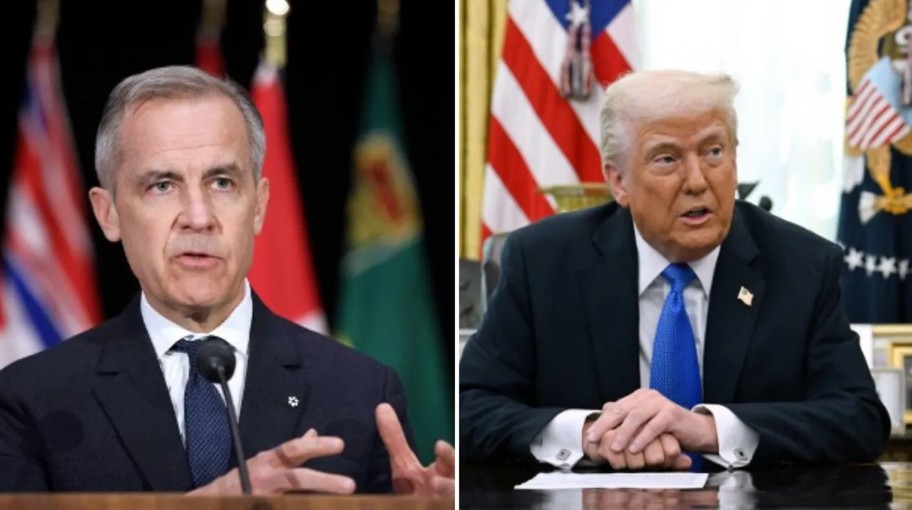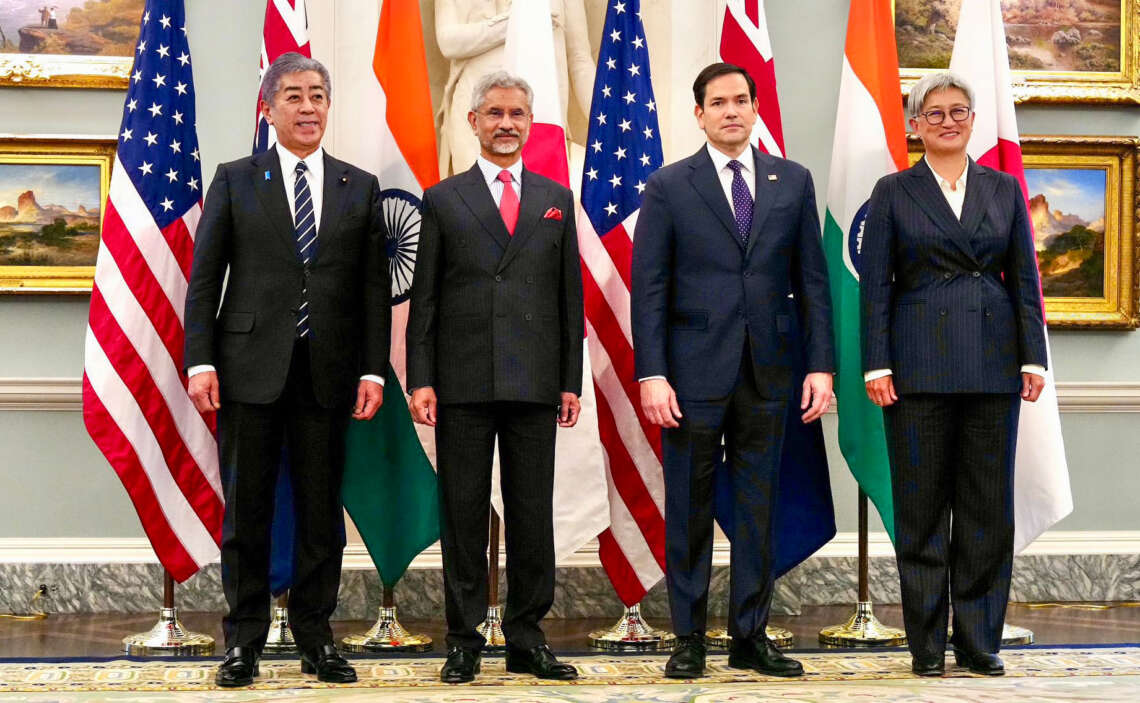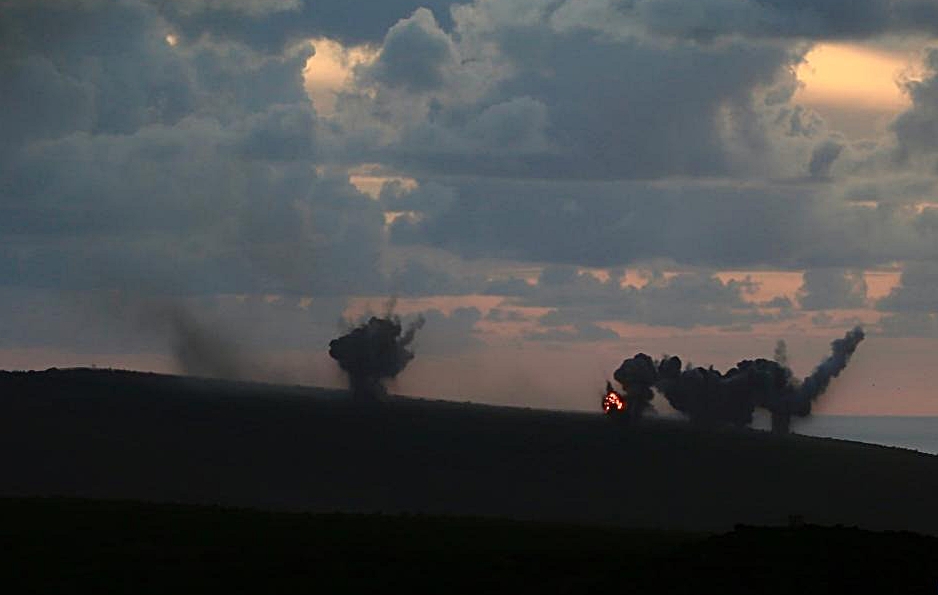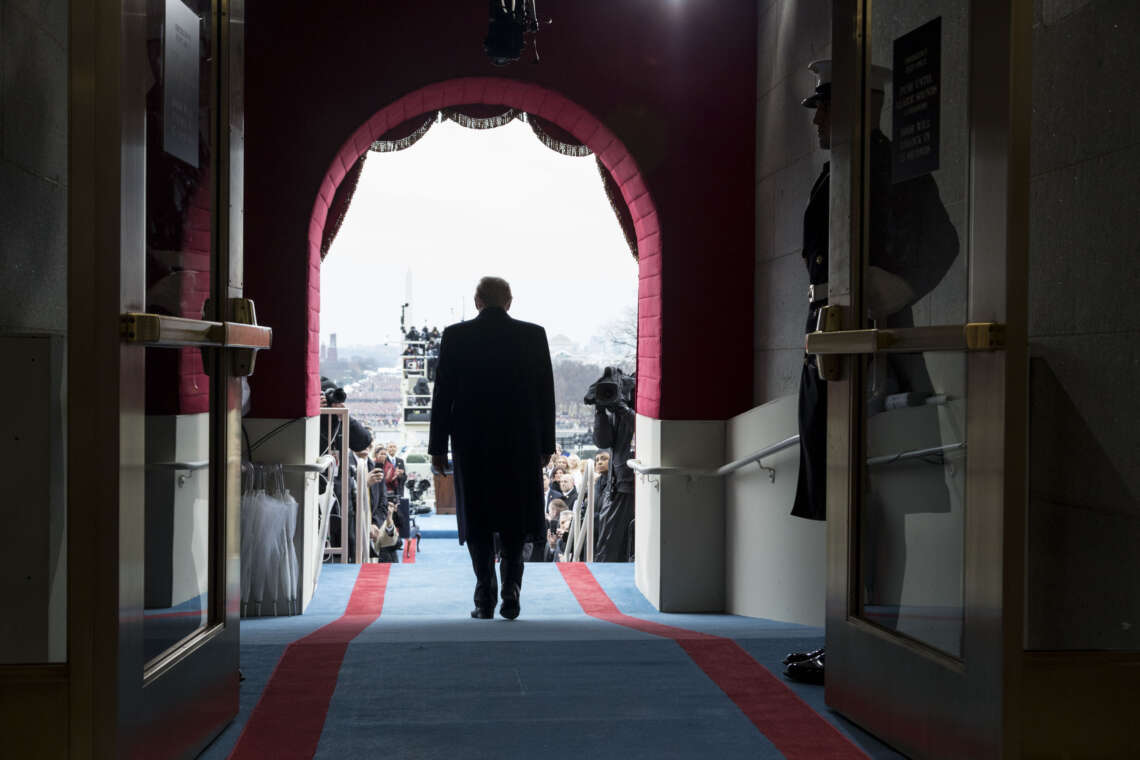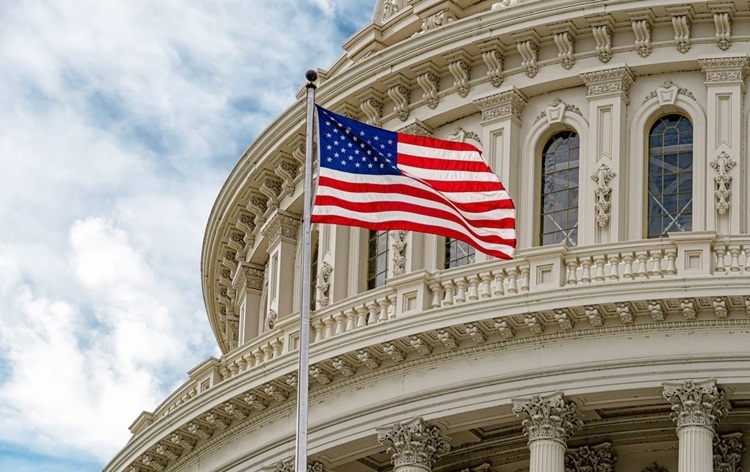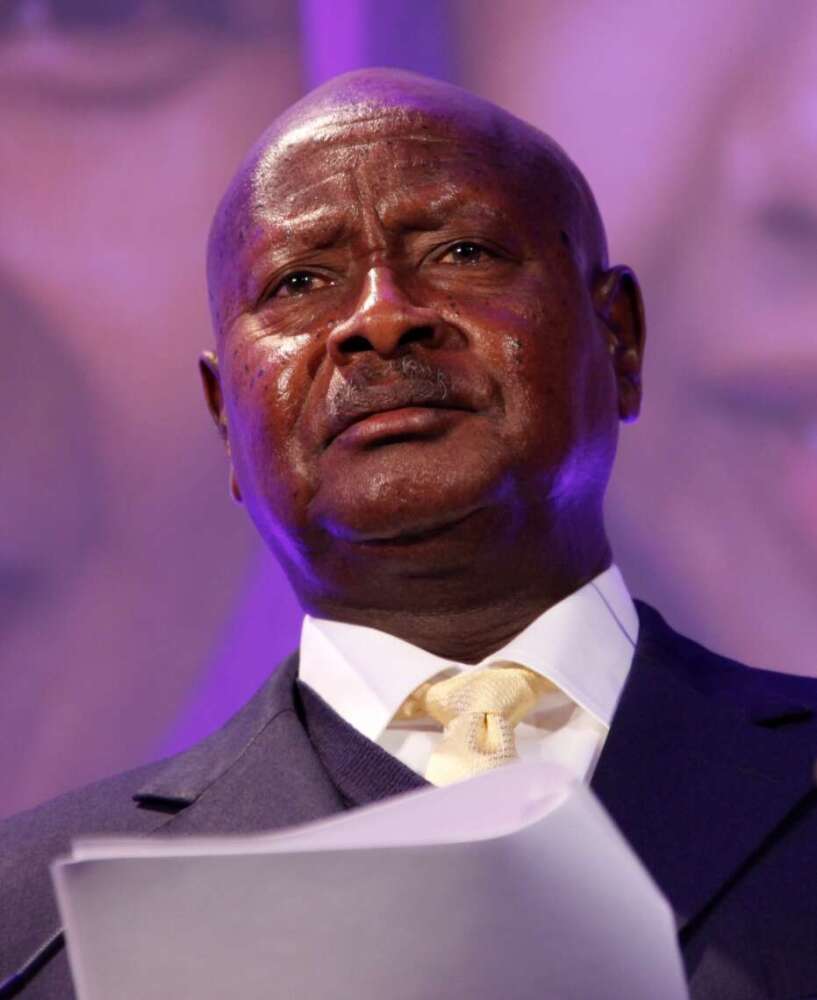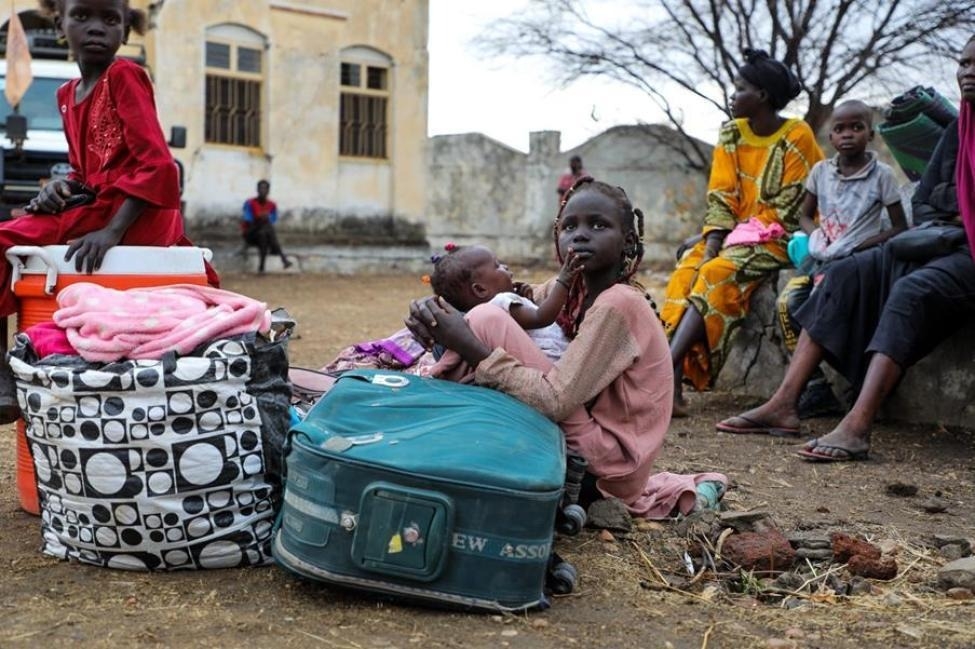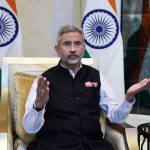Trump’s attacks have infuriated Canadians, who are canceling trips to their southern neighbor and avoiding buying American goods when they can
Canadians will vote for a new government on Monday in an election that has been upended by US President Donald Trump ‘s trade war and his threats to make Canada the 51st state.
Prime Minister Mark Carney and the governing Liberal Party appeared poised for a historic election defeat until Trump slapped heavy tariffs on Canada and began threatening its sovereignty.
Trump’s attacks have infuriated Canadians, who are canceling trips to their southern neighbor and avoiding buying American goods when they can. The surge in Canadian nationalism has bolstered the Liberals’ poll numbers.
The opposition Conservative Party had hoped to make the election a referendum on former Prime Minister Justin Trudeau, whose popularity cratered as food and housing prices rose and immigration surged. But after decades of bilateral stability, the vote is now expected to focus on who is best equipped to deal with Trump.
Voters nationwide will elect all 343 member of the House of Commons, one for each constituency. There are no primaries or runoffs — just a single round of voting. Like the UK, Canada uses a “first-past-the-post” voting system, meaning the candidate who finishes first in each constituency will be elected, even if they don’t get 50% of the vote.
This has generally cemented the dominance of the two largest parties, the Liberals and Conservatives, because it’s difficult for smaller parties to win seats unless they have concentrated support in particular areas. The party that commands a majority in the House of Commons, either alone or with the support of another party, will form the next government and its leader will be prime minister.
Carney replaced Trudeau, who announced his resignation in January but remained in power until the Liberal Party elected a new leader, Carney, on March 9. Carney was sworn in as Canada’s 24th prime minister on March 14. He hopes to retain the job and avoid becoming one of Canada’s shortest-serving prime ministers.
Carney, 60, is one of the two main candidates. He successfully navigated financial crises when he headed the Bank of Canada and later ran the Bank of England, becoming the first non-U.K. citizen to do so since its 1694 founding. A highly educated economist, Carney worked for 13 years for Goldman Sachs in London, Tokyo, New York and Toronto, before being appointed deputy governor of the Bank of Canada in 2003. He has financial industry and public service credentials.
Pierre Poilievre, the leader of the Conservatives, is Carney’s main challenger. He and the party seemed headed for a big victory in the election until Trump’s near-daily trade and annexation threats derailed them. Poilievre, 45, is a career politician and firebrand populist who says he will put “Canada first.” For years his party’s go-to attack dog, he frequently criticizes the mainstream media and vows to defund Canada’s public broadcaster.
There are two other parties that have official status in Parliament. If the Liberals or Conservatives secure the most seats in the House of Commons but fail to win a majority, they would need to rely on either the New Democrats, a progressive party, or the separatist Quebec party Bloc Québécois to pass legislation.


